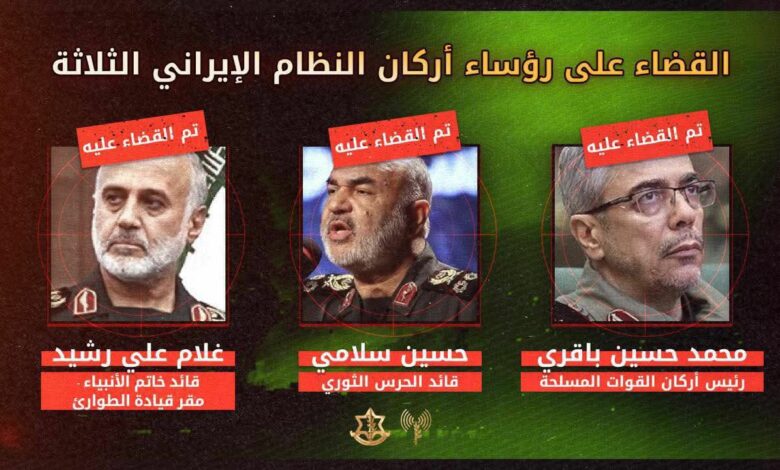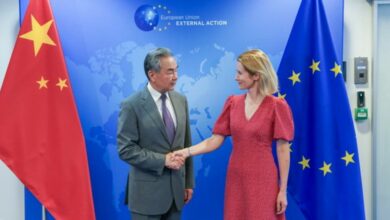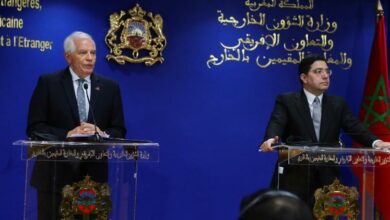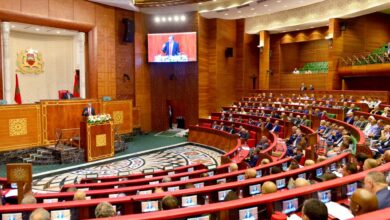Israel’s Devastating Strike on Iran: When Hostile Regimes Tremble

Aldar / Analysis
Amid the rapidly shifting dynamics of the Middle East and North Africa, conflicts are no longer defined by sectarian affiliations or religious identities. Instead, they now revolve around influence, interests, and the balance of regional and international power.
In this context, Iran emerges as a controversial player — not because of its religious posture, but due to its political conduct and alliances, which often clash with the interests of several countries, including Morocco.
One of the most contentious points in Moroccan-Iranian relations is Tehran’s support for the separatist Polisario Front, either directly or through its ally Hezbollah. Rabat has repeatedly stated that it possesses verified intelligence proving Hezbollah’s involvement in training and arming Polisario fighters. This prompted Morocco to sever diplomatic ties with Iran in 2018 — a move that stemmed not from sectarian differences, as some might claim, but from a firm stance in defense of Morocco’s territorial integrity, a red line in the kingdom’s foreign policy.
This escalation reveals that Iran’s hostility is not motivated by a just cause or genuine support for the so-called “right to self-determination,” but by a desire to destabilize regions Morocco considers vital and strategic — both in terms of national security and African geopolitical balance.
Whenever Tehran faces internal crises — whether due to popular protests against its oppressive policies or ongoing political and economic sanctions — there’s a noticeable sense of relief across several Arab capitals. This sentiment is not rooted in malice toward the Iranian people, but rather in the perceived retreat of a regime that has long sought to export crises rather than resolve them, and to fuel conflict rather than ease tensions.
The destabilization of this regime does not imply the collapse of a state, but rather the decline of an expansionist project built on hollow slogans, whose impact rarely extends beyond official media and political propaganda.
What is particularly striking is that Iran’s hostile rhetoric toward Israel has never translated into actual confrontation on the ground. For decades, Tehran has echoed slogans like “Death to Israel” and “Toward the liberation of Jerusalem,” while in reality, Israel has expanded its cooperation with several regional states, achieving technological, economic, and security breakthroughs on multiple fronts.
This stark contrast between Iran’s revolutionary slogans and Israel’s pragmatic approach underscores the vast gap between populist rhetoric and diplomatic reality. While Iran confines itself to threats and mobilization, Israel continues to forge alliances and advance strategic projects — confidently progressing in a region that no longer tolerates ideological noise at the expense of development and stability.
A country’s foreign policy should be rooted in national interests, not in sectarian disputes or proxy wars. From this perspective, Morocco’s opposition to Iran’s actions is not based on religious differences but represents a clear political will to safeguard its security, stability, and national sovereignty.
At a time when the shift from slogans to political realism is accelerating, there is an urgent need to reassess those who claim to champion causes while, in truth, working to undermine the stability of nations under the guise of resistance.





